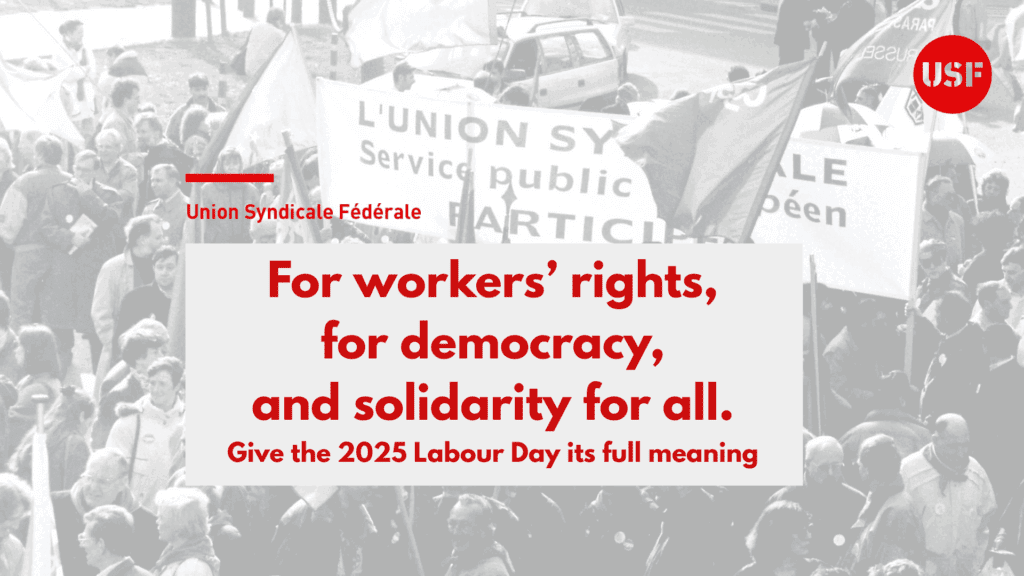EPSU calls for the rejection of CETA because it’s a bad deal for citizens
Our concerns are as follows :
- Public services are included CETA. The European Parliament has recently made firm recommendations to the Commission that public services be excluded in their entirety from bilateral trade deals, irrespective of how those services are financed and organised. Yet the patchwork of protections for public services offered by CETA does not do the job. No fewer than 11 EU member States have committed long-term care such as residential care for the elderly in CETA. Such commitments could stand in the way of measures to protect the healthcare and long-term care sector against the asset-stripping strategies of financial investors that led to the collapse of Southern Cross in the UK.
- CETA is the first EU agreement with a ‘negative list’ approach for services
commitments. This means that all services will be subject to market liberalisation unless an explicit exception is made and marks a radical departure from the positive lists used so far in EU trade deals. The negative list approach thus expands the scope of trade agreements and makes it more difficult to anticipate and regulate new services that emerge in the future. CETA’s ‘standstill’ and ‘ratchet’ mechanisms will then serve to lock-in present and future liberalisation, so limiting the future efforts by governments to extend regulation or renationalise services, even when past liberalisations have proven to be failures and when it is in the public interest to do so. Such provisions stifle the development of good governance and local responsibility, especially for local and regional governments. We remind MEPs of the European Parliament’s rejection of standstill and ratchet clauses in its recommendations on the Trade in Services Agreement (TiSA), precisely because they undermine democratic processes and accountability. - CETA may restrict universal service obligations being introduced in public utilities
such as post, electricity, telecoms and urban transport – obligations which guarantee citizens universal access to basic services at affordable prices. CETA will also limit the freedom of public utilities to produce and distribute energy according to public interest goals, for example, by supporting renewables to combat climate change. Very few Member States have explicitly reserved their right to adopt certain measures with regards to the production of electricity. - CETA contains far-reaching investment protection provisions. While CETA’s revised investor protection mechanism (Investment Court System – or ICS) is an improvement on the toxic and much-criticised Investor-State Dispute Settlement (ISDS), it nonetheless fails to meet the mark. Under ICS, investors will still be granted special rights over other groups in society to sue governments for policies that threaten their profits. This right will also apply to the many US companies that have operations in Canada. Previous attempts to regulate public services have already been targets of ISDS claims by private providers, and CETA threatens to continue this trend – rendering sectors including education, water, health, social welfare and pensions vulnerable to all kinds of investor attacks.
- CETA is weak on human rights, including workers’ rights. Not only does CETA not contain a clause saying that the respect for human rights is an essential element of the agreement, it does not include binding and enforceable measures to ensure ILO core labour standards are respected in its sustainable development chapter. Furthermore, the public procurement provisions do not include obligations to respect labour and environmental standards nor promote the use of social and environmental criteria in public tenders.
Read the EPSU call concerning CETA and how it is a bad deal for citizens.




